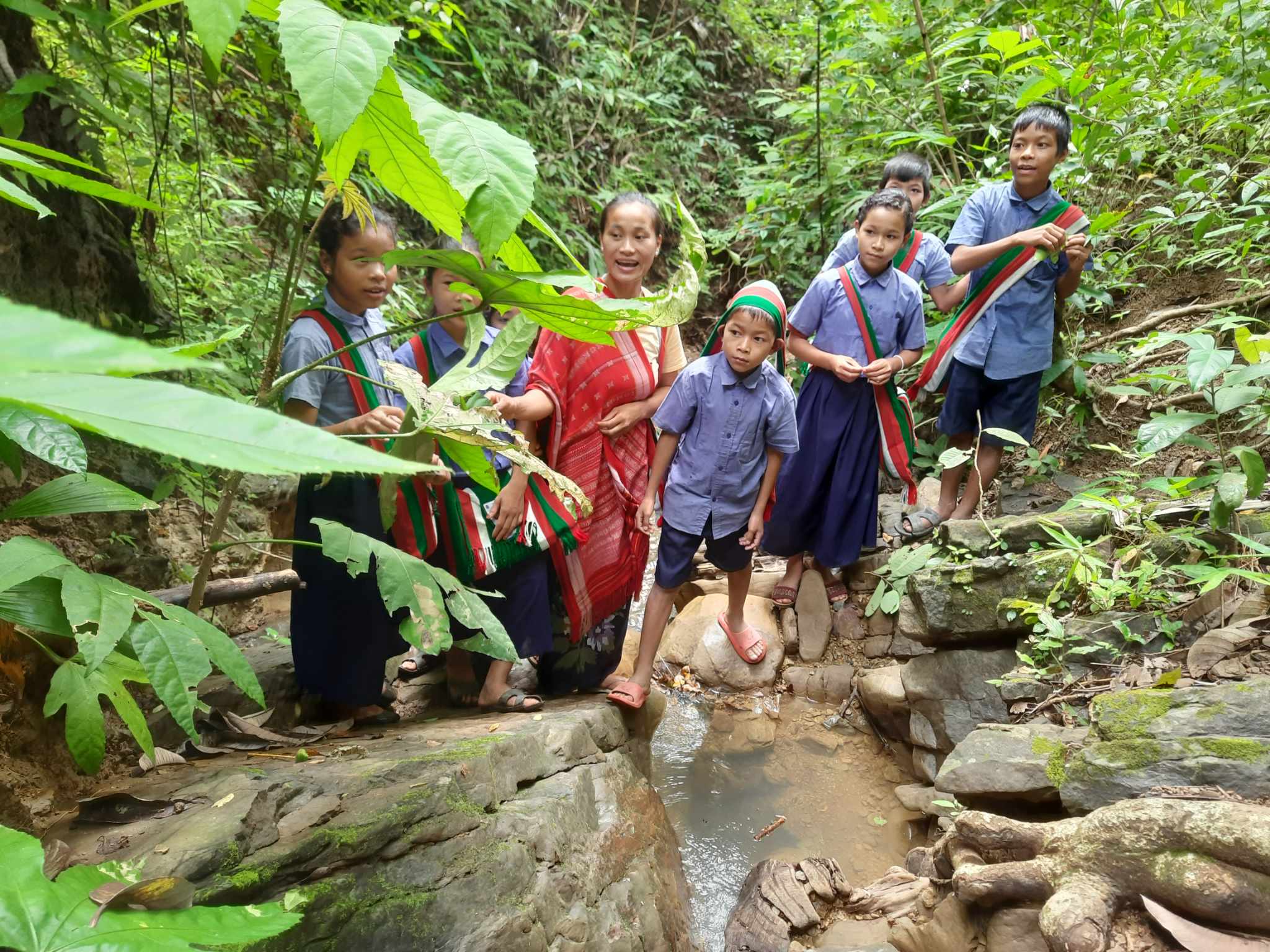Find an Event
Note: This Event Has Been Archived
Event Summary:
Rowa Kyang (Village school) Students, teachers, and SMC members participate in Native Tree planting. A region is often recognized as a biodiversity hotspot when it boasts more than 1500 varieties of trees. The natural forests found within the hilly terrains of Rangamati, Bandarban, and Khagrachari are included in the Indo-Burma Biodiversity Hotspot. Additionally, this area is listed among the top 25 global biodiversity hotspots. The Indo-Burma Biodiversity Hotspot encompasses an expansive area of roughly 2.37 million square kilometers, stretching across multiple countries including India, Bangladesh, Myanmar, the southwestern region of China's Yunnan province, as well as Laos, Cambodia, Vietnam, the majority of Thailand, and the Malaysian peninsula. Despite its status as a biodiversity hotspot, the indigenous trees in this forest have been felled and substituted with trees of commercial value for around 150 years. This has put the region's biodiversity at serious risk. The encroachment of human settlements and deforestation for different activities further exacerbates the problem. It is imperative to rehabilitate this forest to safeguard its plant species and overall biodiversity. However, the indigenous people here are striving to safeguard the environment despite facing challenges from powerful tree traders and environmental threats. Consequently, they persist in their efforts to conserve biodiversity and plant trees. The school in the Longbaintong community has proactively crafted bird nests using artificial yet eco-friendly materials in the nearby gardens. Additionally, they have issued warnings to themselves and the local residents against disturbing these birds in any manner.

Practical Details:
Please provide practical details about your event (ex. where should participants meet, what kind of clothing should participants wear, do participants need to bring special equipment, etc.?) = students will wear plain cloths (It would be better if we could provide environment-friendly uniforms for them), Project provide the artificial but eco-friendly materials.



